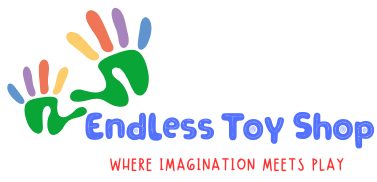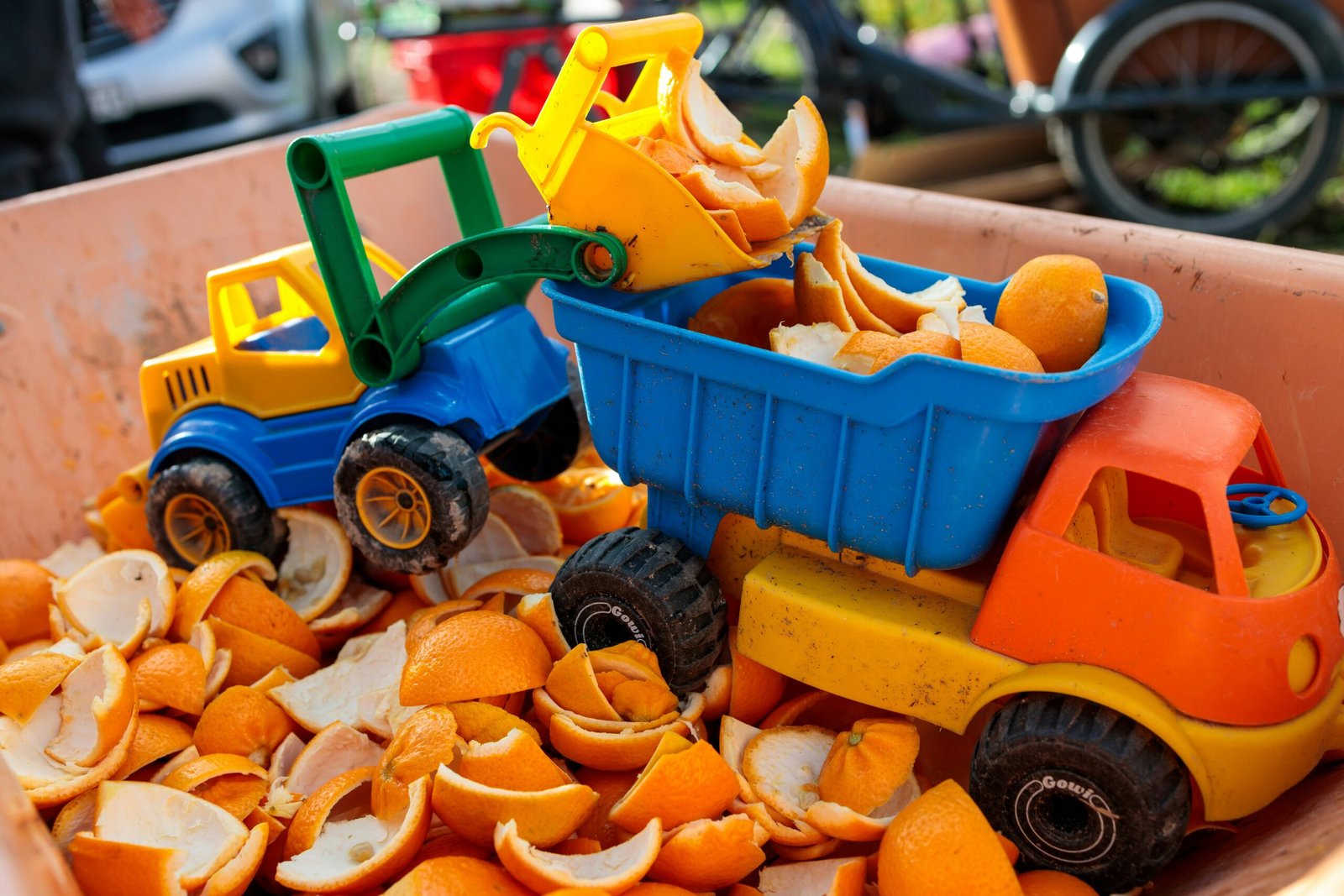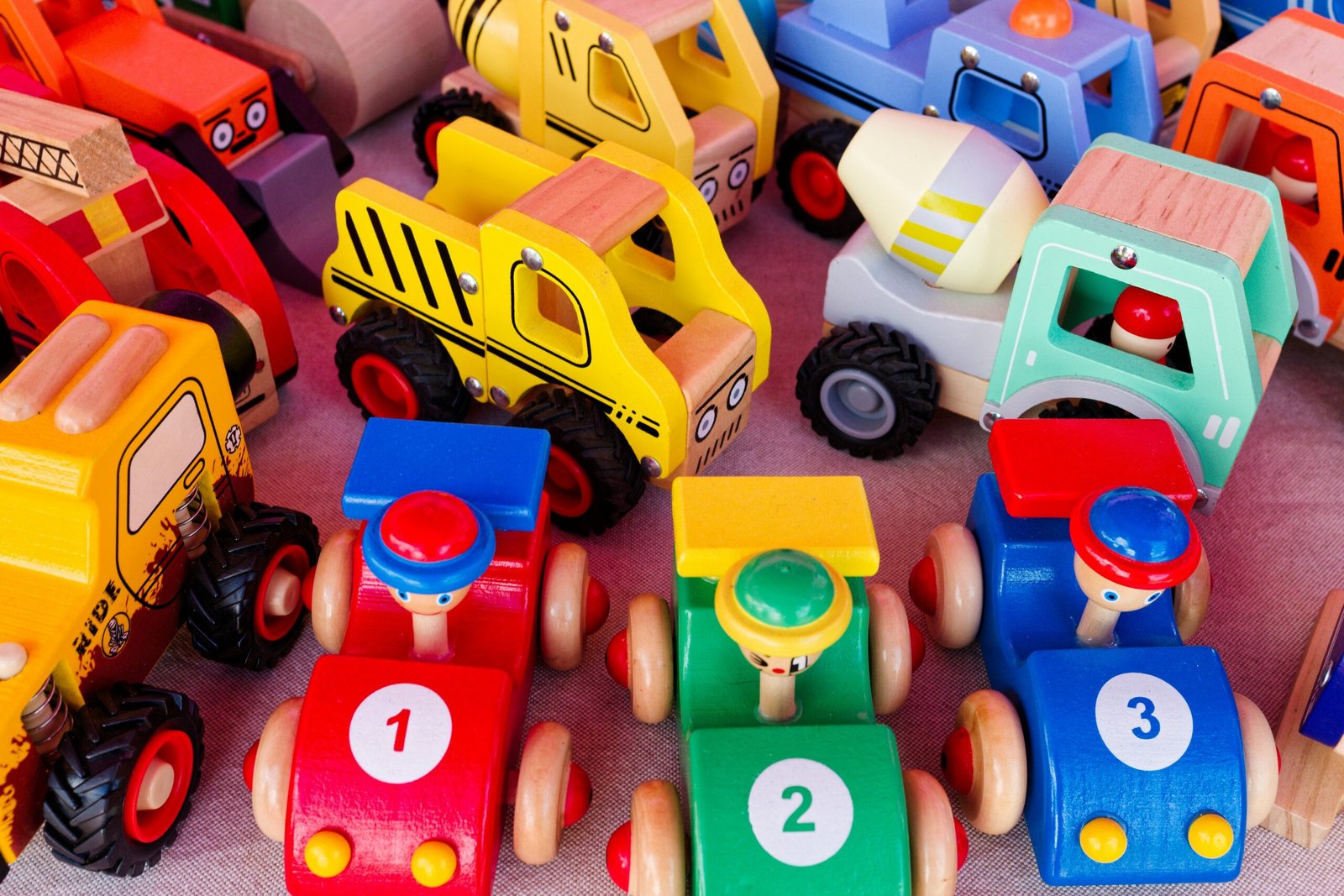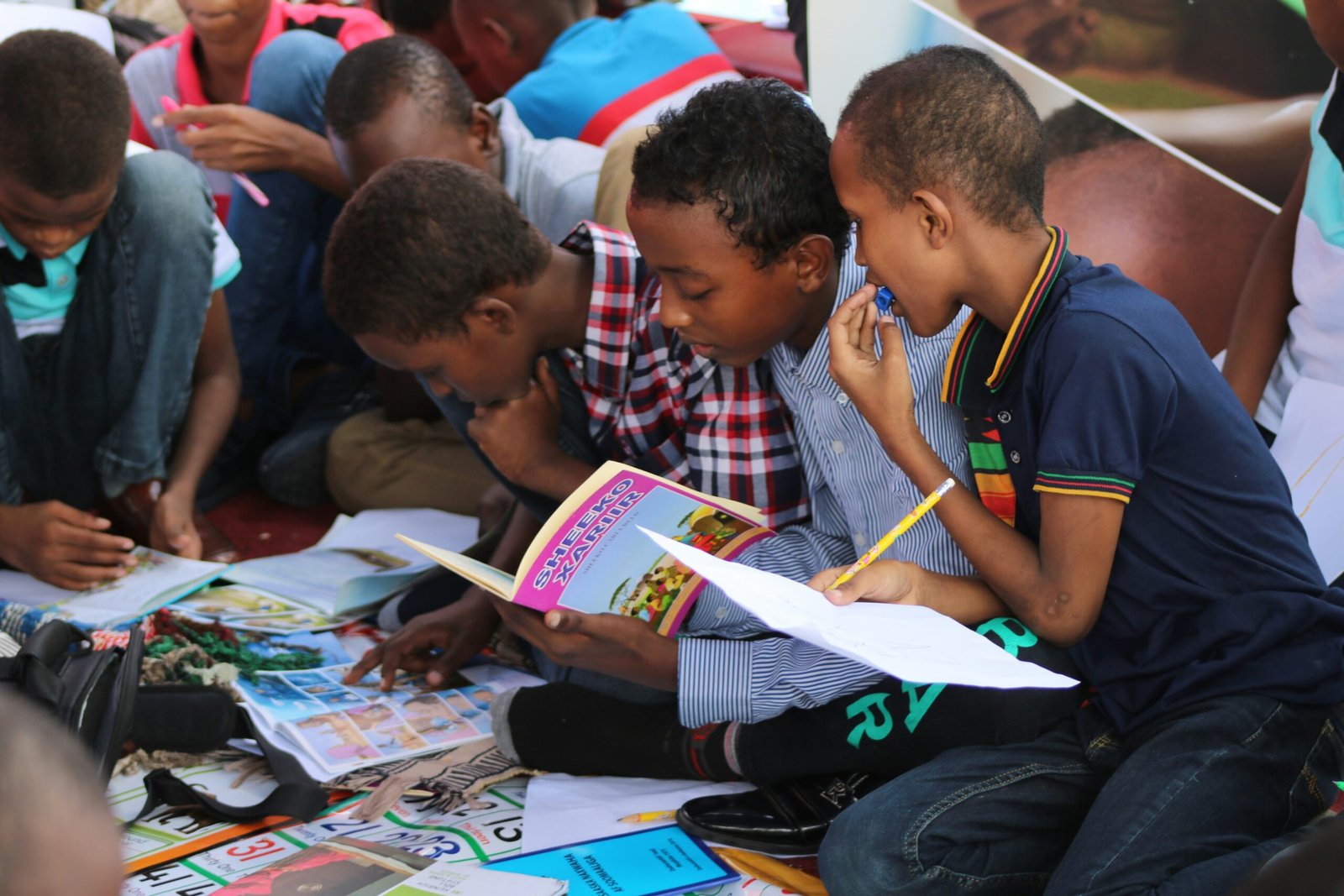The Role of Toys in Fostering Creativity
Toys play an essential role in nurturing children’s creativity and stimulating imaginative play. They serve as vital tools that encourage children to engage in various forms of exploration and expression. Different types of toys can significantly impact the development of creative thinking skills, aiding in the creation of unique narratives and solutions to problems. Toys such as building sets, art supplies, and pretend-play items are particularly effective in fostering creativity.
Building sets, for instance, allow children to experiment with shapes, structures, and designs. These toys promote spatial awareness and critical thinking as children figure out how to assemble different pieces to form cohesive structures. Additionally, art supplies like crayons, paints, and modeling clay encourage self-expression. When children use these materials, they continuously generate new ideas and interpretations, which enhances cognitive flexibility and artistic skills.
Pretend-play toys, such as dolls, action figures, and toy kitchen sets, also contribute significantly to imaginative play. Through role-playing with these toys, children develop narratives that require them to think creatively and consider different perspectives. This kind of dramatic play allows young minds to explore complex social situations, facilitating emotional intelligence and imaginative reasoning.
Furthermore, open-ended play has been shown to be more beneficial for fostering creativity than structured play. Open-ended toys offer limitless possibilities and empower children to use their imagination freely without predefined limits. This freedom allows for exploration and experimentation, encouraging innovative thinking and problem-solving. Parents can support this creative development by selecting toys that inspire imaginative exploration, focusing on those that allow for multifunctional use and diverse play styles.
In conclusion, the right toys are instrumental in fostering children’s creativity and strengthening their ability to think imaginatively. By understanding the different types of toys available and their impact on creative thinking, parents can cultivate an enriching environment that prioritizes imaginative play.
Learning Through Play: Educational Benefits of Toys
The integration of play in early childhood education has long been recognized as a potent method for enhancing learning experiences. Toys serve as vital tools that not only entertain but also facilitate the development of essential skills across various domains. Through engaging play, children can explore fundamental concepts related to math, science, language, and social interactions. This dynamic interaction with toys encourages creativity, critical thinking, and problem-solving abilities.
For instance, building blocks are exemplary educational toys that promote mathematical skills. They encourage young learners to grasp spatial awareness, counting, and basic geometry as they manipulate shapes to create structures. When children engage in this constructive play, they not only develop fine motor skills but also gain a foundational understanding of quantitative relationships. Similarly, science kits can ignite curiosity about the natural world, guiding children through hands-on experiments that foster observation and inquiry. The integration of scientific principles in play enriches their understanding of complex topics in a manner that is enjoyable and memorable.
Language development is another area significantly impacted by play. Toys such as puppets, action figures, and storybooks can nurture storytelling skills, vocabulary expansion, and comprehension. Engaging with these toys allows children to practice conversational skills and encourages them to express their thoughts and emotions. Furthermore, role-playing with figures or dolls can enhance social skills as children navigate scenarios that involve negotiation, empathy, and cooperative play.
Incorporating educational toys into daily routines provides a balanced approach to learning. Parents can choose toys that align with their children’s interests and developmental stages, thereby reinforcing the importance of play-based learning. This pedagogical approach not only nurtures academic readiness but also cultivates a love for learning that will benefit children throughout their lives.



